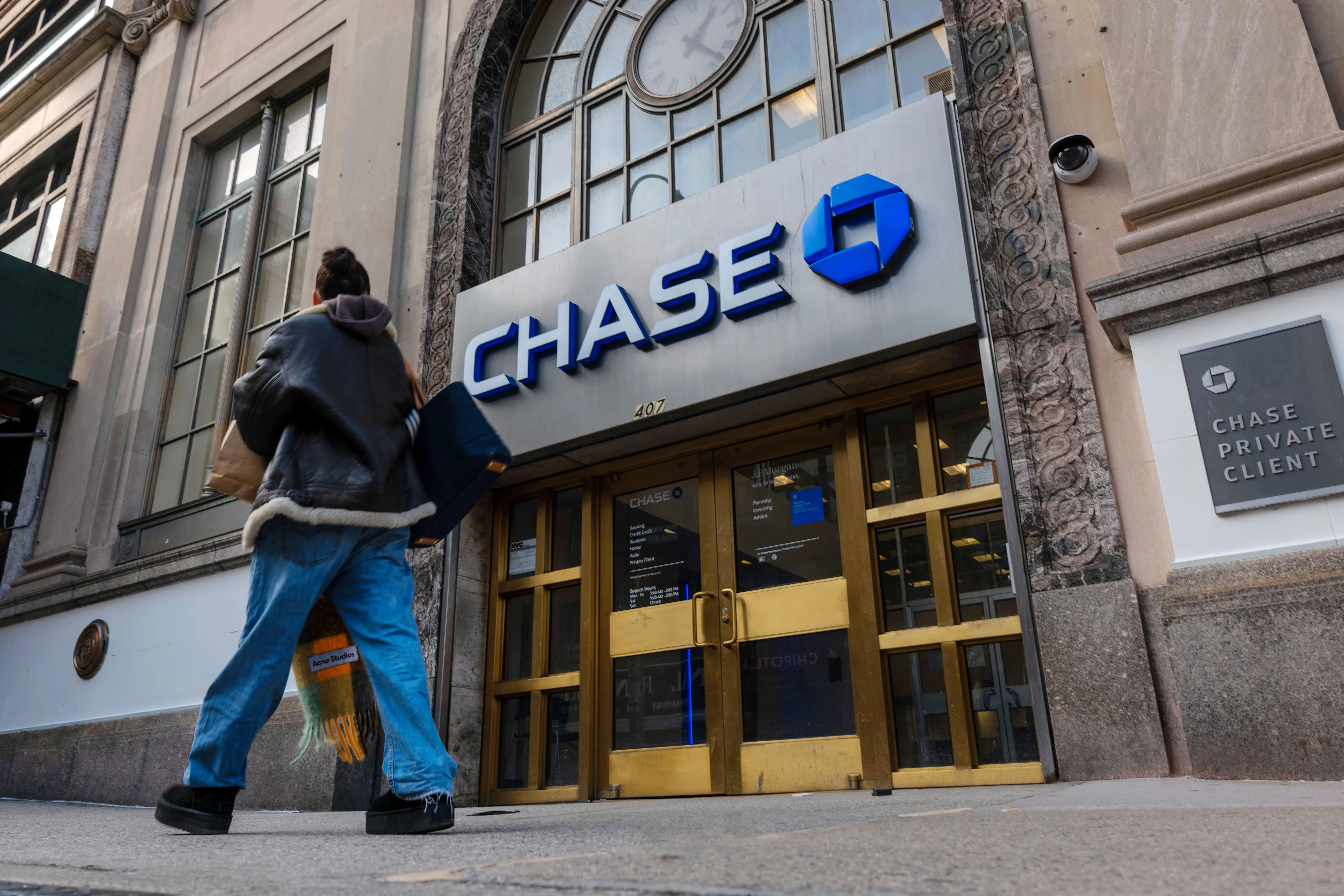At least four people who allegedly made off with tens of thousands of dollars due to Chase’s “infinite money” glitch are now in a heap of trouble – including being sued in federal court by lawyers for the largest and most powerful bank in the United States.
“Money Trouble” went viral on social media last month with videos that encouraged viewers to cash fake checks for themselves and get the money out before the bank could confirm it wasn’t real. As Mani wrote then, the participants in the “failure” faced criminal liability for fraud.
Now, four complaints filed Monday in three federal district courts seek to recover stolen funds from the alleged scammers.
The lawsuits allege that people visited ATMs in late August and deposited fraudulent checks ranging from $56,840 to $335,000 into the four defendants’ accounts.
One complaint accuses a Florida man of fraudulently making a deposit into one of his accounts. Chase says he now owes the bank more than $141,000. The man’s Miami music company, of which he is the sole member, was named as a defendant in the lawsuit. The Instagram page of his hip-hop/reggaeton music project posted several explicit videos in September in which the music artist appears to be holding huge wads of cash. Attempts to contact him were unsuccessful.
In another case where the defendant is a Texas resident, the person who deposited the bad check is described only as a “masked man.” However, the defendant is accused of siphoning off or transferring more than $320,000 in stolen funds.
In the other two cases, which involve a California resident and a limited liability company owned by a Florida man, the complaints do not provide details about who deposited the bad checks. However, both defendants are accused of transferring large amounts of money, resulting in a negative balance in excess of $90,000.
Money could not reach either defendant for comment.
The facts in the four lawsuits are essentially the same: They allege that the defendants cashed counterfeit checks for huge amounts of money and then quickly deposited, transferred or withdrew most or all of the funds before the checks were rejected as counterfeit.
The lawsuits note that federal district court is the appropriate jurisdiction because the amounts at issue exceed $75,000, which is the cap. It is unclear how many more cases, if any, were filed in the various courts.
“Fraud is a crime that affects everyone and undermines trust in the banking system,” Chase spokesman Drew Pusateri said in an email Tuesday. “We investigate these cases and actively cooperate with law enforcement to ensure that if someone commits fraud against Chase and its customers, they are held accountable.”
Through lawsuits, Chase is trying to recover overdrawn funds, plus interest and fees, and hold fraudsters accountable. The bank says it has already unsuccessfully demanded the money back from the defendants.
More money:
America’s Best Banks for 2023-2024
Chase customers who tried TikTok’s ‘money glitch’ could face fraud charges
Elon Musk and Donald Trump are handing out money to voters. Is this legal?
